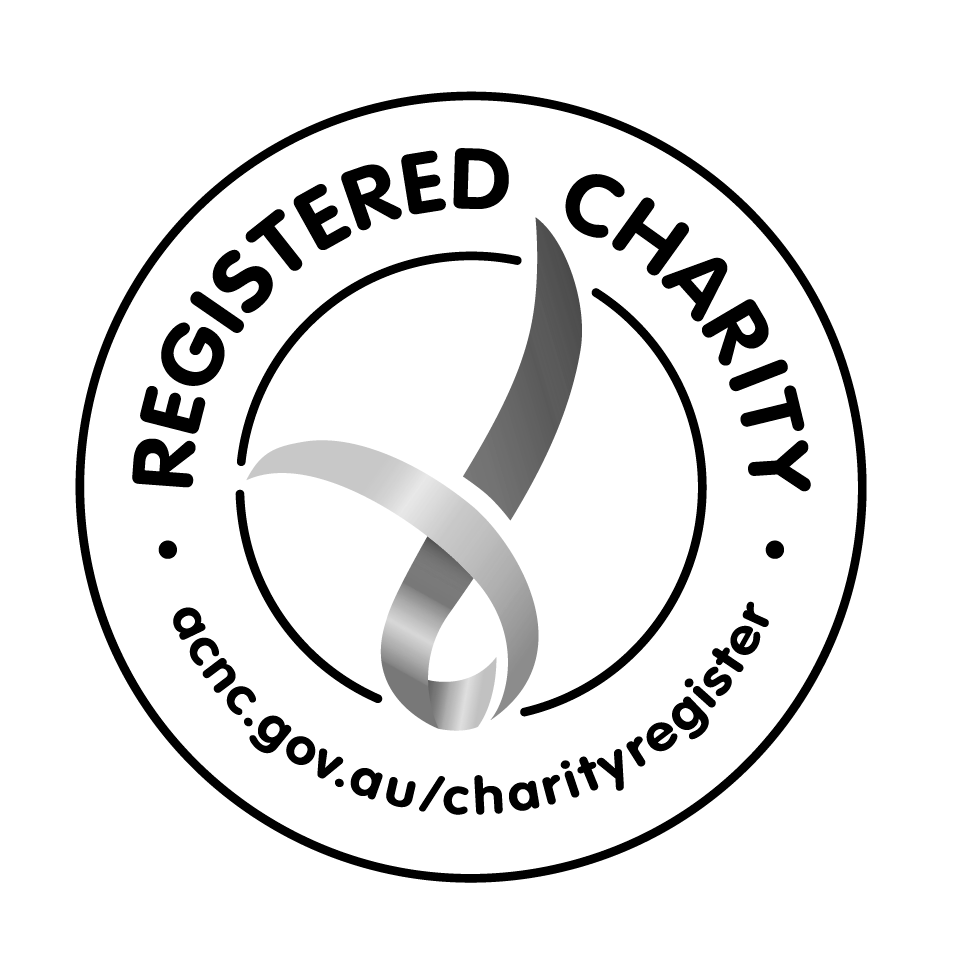Although the holiday blues is sometimes referred to as "holiday depression," it is not the same as depression. For one, depression does not end once the holidays are over. Second, although the symptoms of depression mirror those of the holiday blues, they are much more severe. A gentle reminder: only a trained professional can diagnose depression and prescribe treatment for it.
Below are five tips designed to transform your holiday experience.
Number one, set firm boundaries.
Suppose you go into the holiday season without firm boundaries. In that case, there is a high possibility of people making you feel anxious or distressed, which can leave your mental health in shambles. Make sure that your sense of self remains intact by enforcing your boundaries. Here is an example. You are having a great time at a family gathering when your aunt begins to comment on your marital status or kids or other topics that make you feel uncomfortable. Kindly, but firmly, inform her that you would rather not discuss these things, but you are open to talking about something else. Has she seen that new movie or read that best-selling book?
Number two, be realistic about expectations.
We all have certain expectations about the holidays, and our expectations shape our experiences. Having unrealistic expectations of how events are supposed to unfold or how you are supposed to feel can lead to psychological distress. Take a moment to write down what your expectations are for the upcoming holidays and reflect on them.
Let's say that you have written a detailed itinerary for your visiting guests packed with tons of activities. Ask yourself if it is realistic to expect everyone to feel the same way about your plans. Expect your guests to make other suggestions and remind yourself of what it means to be human during the holidays. Anticipate surprises, celebrate the highs, and embrace the lows.
Number three, create a time and space to take care of your needs.
During the holidays, we often become immersed in taking care of others and neglect ourselves. When our needs are pushed to the side, psychological issues will likely bubble up to the surface. Therefore, it is essential that you carve out time for yourself every day. Even finding small moments of peace throughout the day can help maintain emotional balance. Here are some suggestions:
- Meditate before you go to sleep.
- Wake up early for a morning jog or walk.
- Sit down after a meal to listen to soothing music while drinking a hot beverage.
Remember that it is simply impossible to please everyone. There are times when we need to say “no” or allow someone else to take care of us and that’s okay.
Tip number four, maintain healthy habits such as exercising and drinking in moderation.
It can be difficult to resist the tasty temptations of the holiday season. Indeed, we often associate eating decadent foods and drinking delicious drinks with celebrations. There is nothing wrong with indulging in treats outside of your routine. However, we recommend mindful consumption. That means that you listen to your body as you eat and drink. Pay close attention to changes that you see and senses that are signaling you to stop.
Imagine this. Your uncle wants you to drink wine with him. If you choose to do so, drink slowly and alternate with water to avoid intoxication.
Constantly tell yourself that you are in control and only you can dictate what goes in your body.
Remember that a harmonious body is key to a harmonious mind.
Our last tip is to reach out for help when you feel miserable or overburdened.
Have you ever felt lonely in a group of people? Felt overwhelmed by emotions or stressed beyond what you can handle?
We've all been there. After all, holidays can bring out the best and worst in all of us.
There's no shame in reaching out for help when you feel like you aren't in control of your emotions.
With a single click or phone call, you can access a mental health professional that will help guide you through a psychological crisis.
You may also be surprised to learn that others around you also feel the same way you do. Get in contact with a trusted friend, family member, or coworker. You may be able to help each other through such challenging times.



Leave a comment